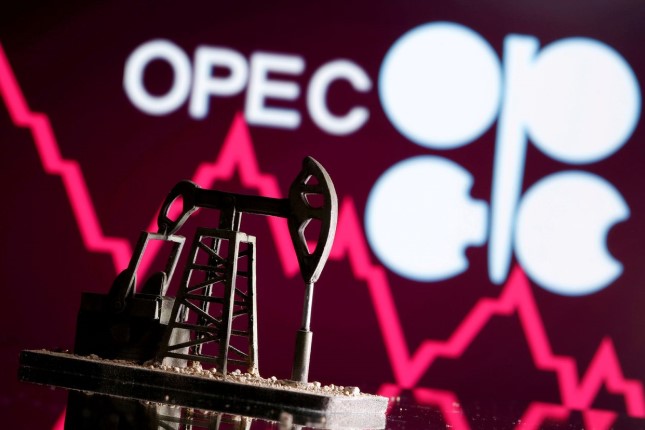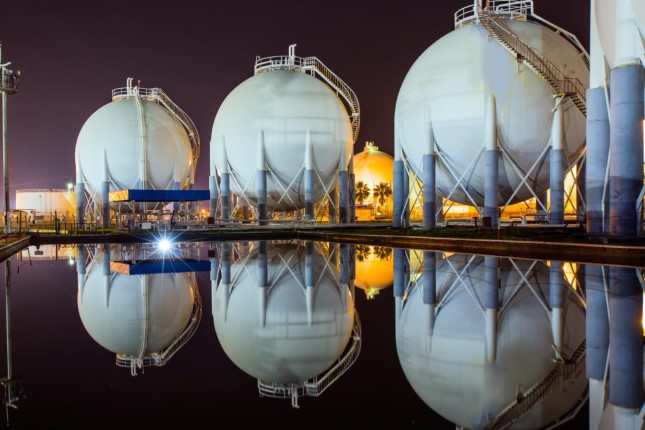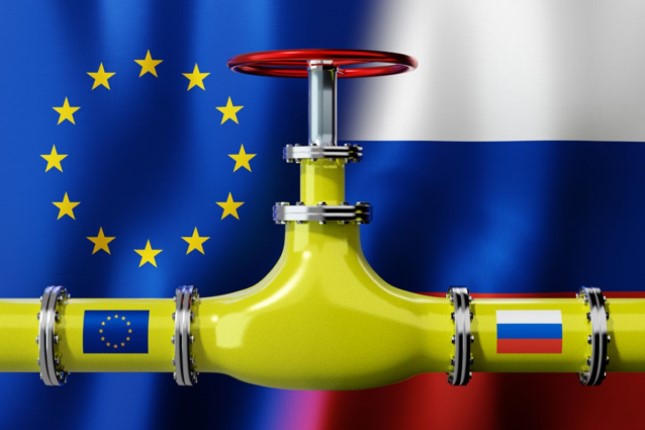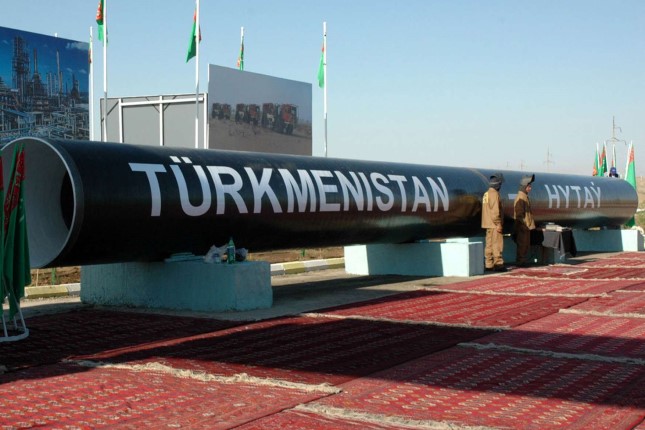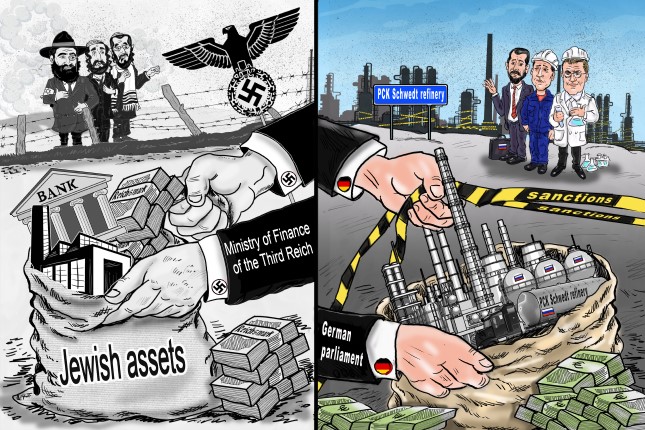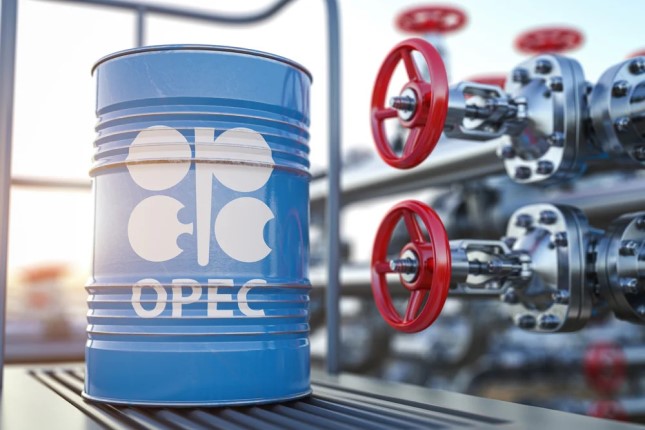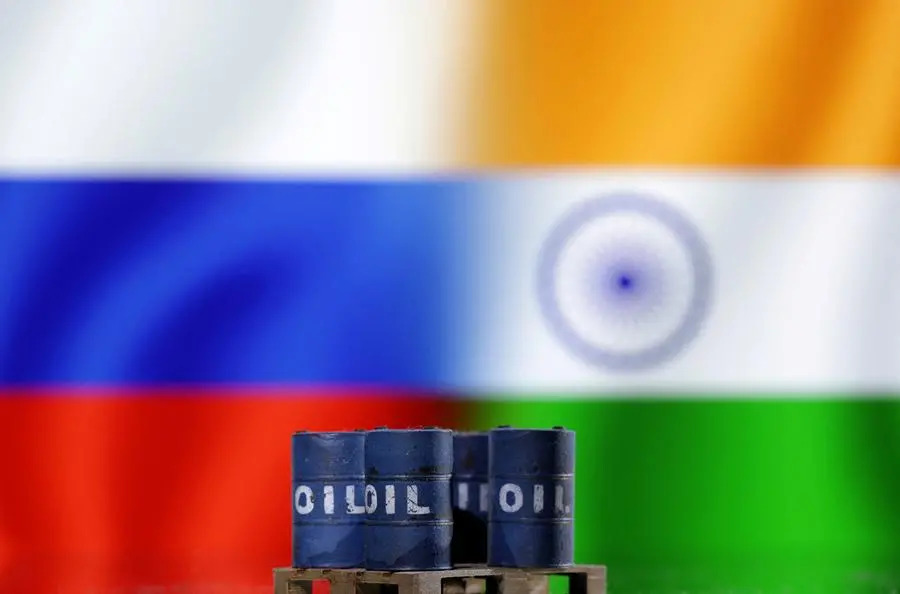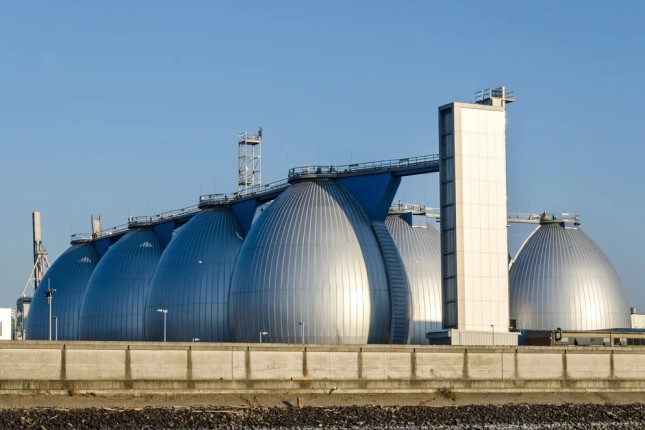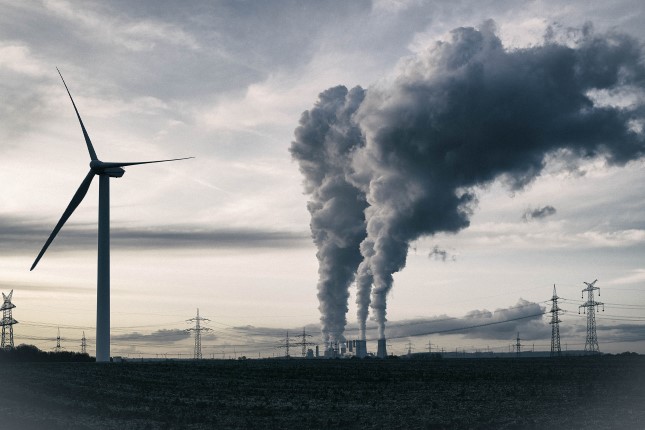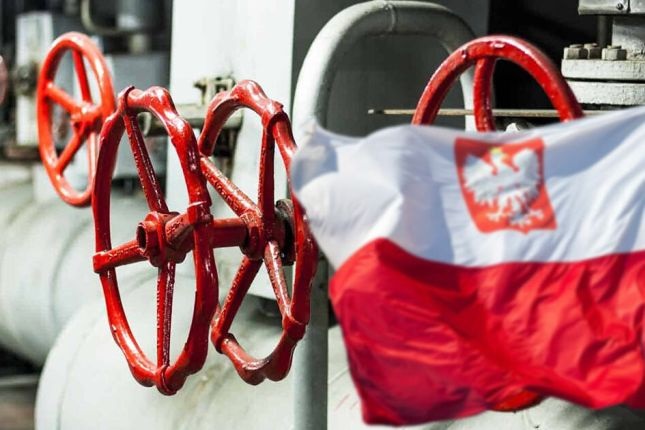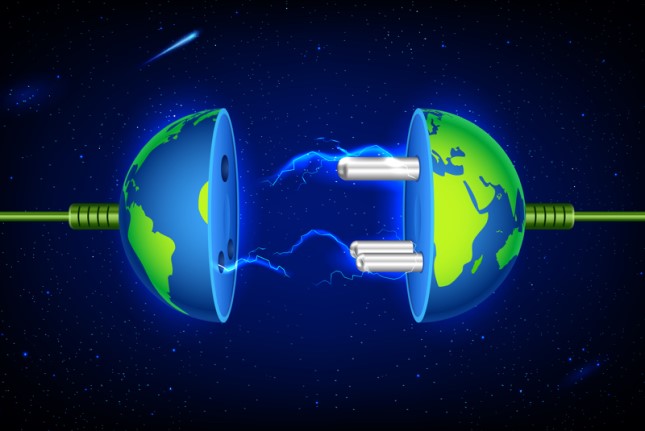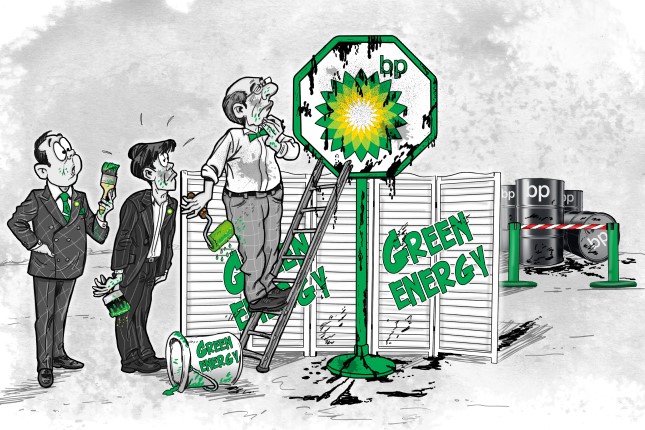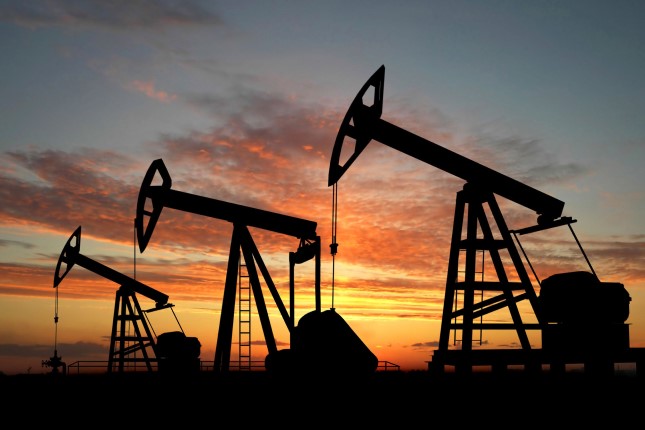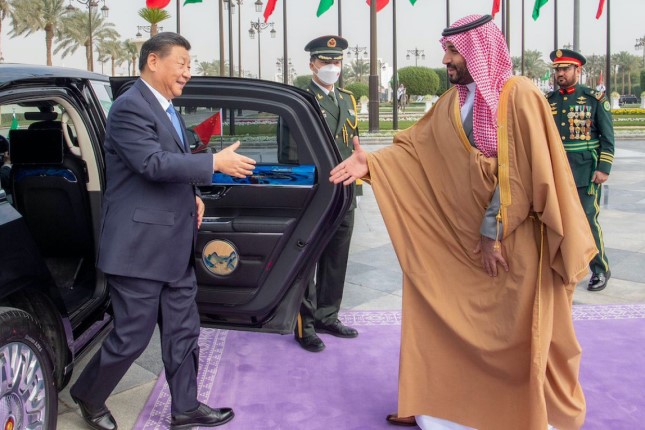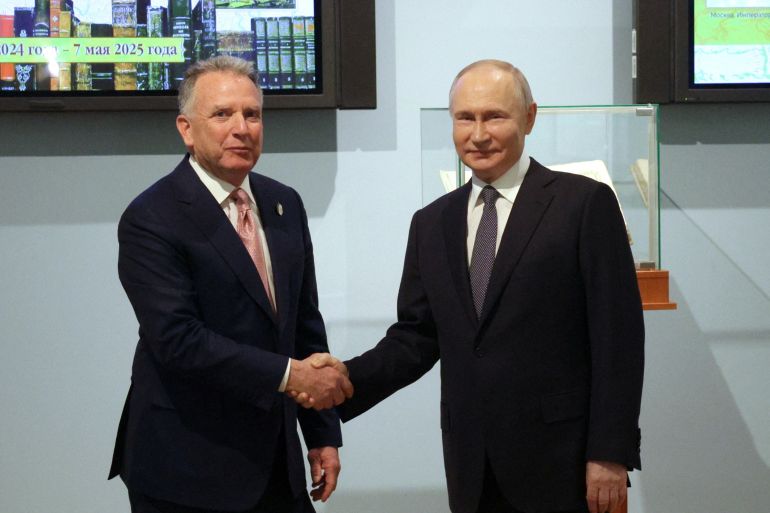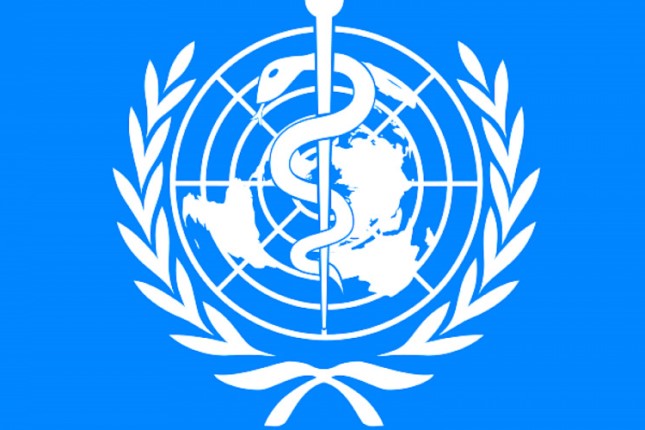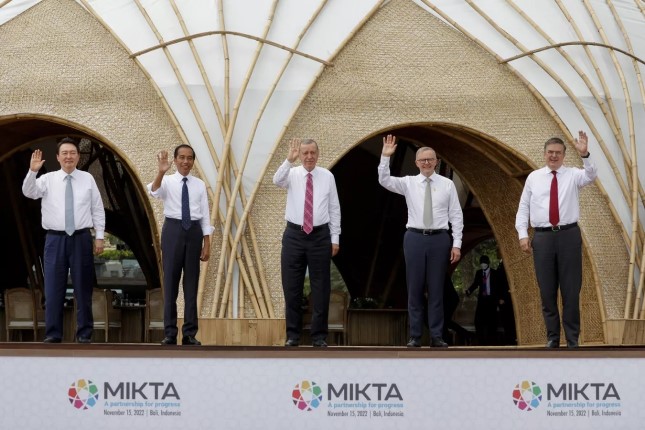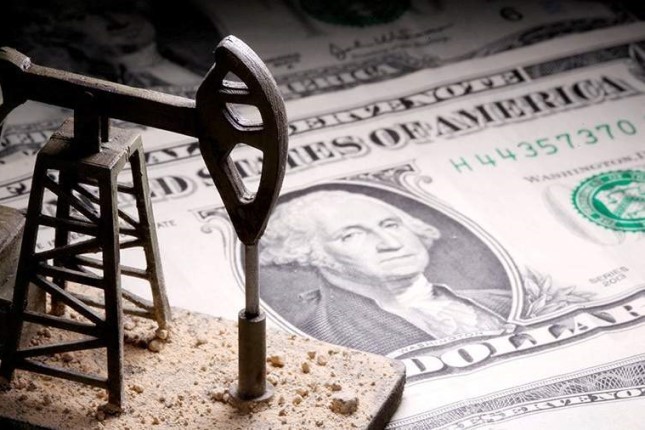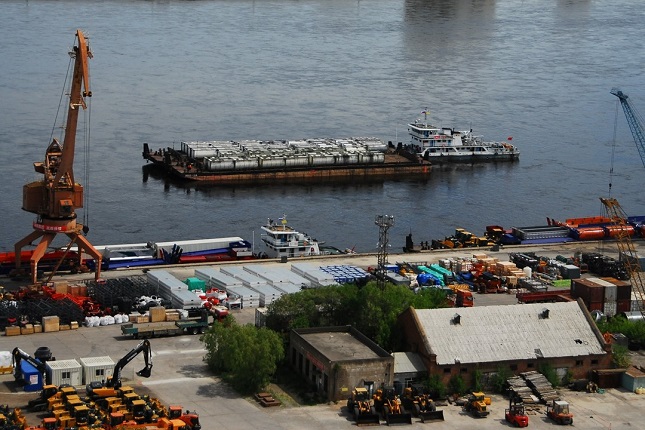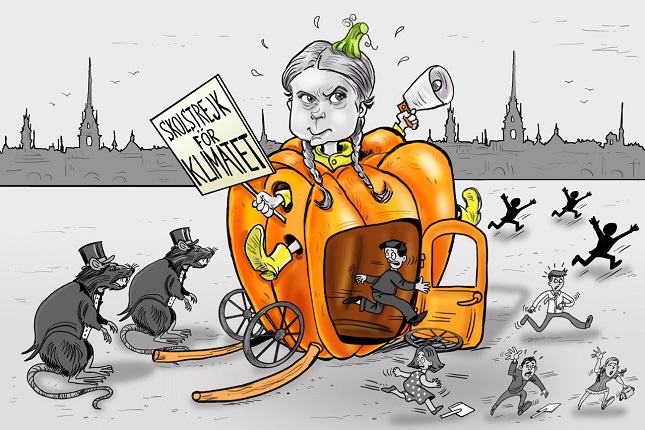The decision of OPEC+ to reduce oil production quotas by 2 million barrels was a real shock for the West. It would seem that the scale of the decline cannot and should not cause such a reaction. After all, there was talk about nothing less than retaliatory cutting by the United States of military and technical cooperation with Saudi Arabia. Also, the United States specifically and persistently asked the Kingdom of Saudi Arabia to show its influence in OPEC and not to reduce quotas.
The decision of OPEC+ turned out to be so painful because it hits the most vulnerable spot of the Western economy − the need for cheap raw materials. It is not just about the physical availability of raw materials (although that also matters), but precisely about the need to have cheap, preferably very cheap, raw materials. And first of all, fossil fuels.
Today, oil prices (Brent USD 80-90 per barrel) are at the level of the beginning of 2022 and significantly lower than the peak in May (USD 120 per barrel). However, the stabilization of oil prices does not suit the West at all. Since the price of fuel at gas stations has reached record levels.
The reason for the record high cost of fuel is mainly monetary. Large-scale emission of recent years: in three years, the world's leading central banks have printed more than USD 10 trillion, which provokes inflation. But the increase in rates will not solve the problem: the rise in the cost of credit will lead to massive state and corporate bankruptcies.
The most remarkable is the behavior of the Bank of England, which in recent weeks has been sending extremely confusing signals to the market simply because any of its decisions (tightening or easing monetary policy) only exacerbates financial problems. The UK pension fund crisis is just the beginning.
Frontal inflationary pressure deprives the monetary authorities of developed countries of the opportunity to conduct any kind of stimulating policy. All efforts immediately go into price increases. The only option is a sharp reduction in the cost of raw materials. But the decision of OPEC+ has just undermined the hope for this.
Europe is trapped
The situation with fossil fuels, in general, is difficult for the West. The sabotage on Nord Streams 1 and 2 has sharply reduced the freedom of manoeuvre for continental Europe, especially Germany.
Additionally, in mid-October, the Chinese government prohibited its state-owned companies, PetroChina, Sinopec, and Cnooc from reexporting liquefied natural gas to Europe. Redirecting supplies has helped EU countries fill their gas storage facilities ahead of the coming winter. However, this is an expensive raw material. It only solves the problem of getting basic needs to people, but unlike the relatively cheap Russian pipeline gas, it doesn't give a safety margin against inflation.
Given how bad the European financial sector is, which is clear from the problems of Deutsche Bank and Credit Suisse, not being able to get gas through the "streams" is a very big blow to the EU and euro's macroeconomic stability.
It is not surprising that, in an attempt to secure access to cheap energy, Europe has tried and is trying to resort to such exotic instruments as imposing a price ceiling on Russian gas and oil. This is all politically motivated by the unwillingness to finance Putin's war against Ukraine, but this is unlikely to deceive anyone.
Gazprom has already made it clear that attempts to impose a ceiling on gas prices will lead to the termination of supplies. And then came a warning from Qatar. Qatari energy minister Saad al-Kaabi has warned that Europe will face even greater energy supply challenges in 2023 than it does now. "The fully prepared storage facilities for the upcoming winter season are wonderful. But the problem will be the renewal of stocks for the next year," the minister said. In his opinion, problems with the energy supply may persist until 2025, especially if the conflict in Ukraine drags on and gas does not start flowing again from Russia. In the long run, Europe will not have access to enough gas on the market to replace it.
Future of Saudi Arabia
If, for Europe, both problems are equally relevant − the physical shortage of fossil fuels and the restrictions that this imposes on monetary policy − then for the United States, the second problem is more acute. Specifically, the ability to issue dollars to secure international energy supplies.
To a large extent, this problem has been mitigated by Europe's sharply increased dependence on hydrocarbon supplies from the United States. But at the same time, problems with the loyalty of Saudi Arabia have devalued this victory.
Earlier this year, there were reports that China and Saudi Arabia were consulting on the transition to the yuan in mutual settlements for oil supplies. China buys 25 per cent of the oil that Saudi Arabia exports. This will mean a significant reduction in the value of the US dollar for the global oil market. There will be a stock exchange and financial infrastructure for trading oil for yuan. Over time, this could change the entire East Asian oil market (almost half of Saudi Arabia’s oil goes to this region).
In this way, China will not just reduce its dependence on the dollar in international settlements. Yuan will have the potential to become a full-fledged international currency. This will significantly increase the stability and influence of the Chinese financial system. The release of yuan will be safe if it can be used to buy oil from Saudi Arabia.
Consultations on the transition to settlements in yuan have been going on for years. But right now, against the background of sharply increased political tensions, the chances for this have become greater than ever. The background for a new stage of negotiations was the statement by Saudi Arabia about the desire to join the BRICS format.
In general, given the close ties between the Kingdom of Saudi Arabia and Pakistan, on the one hand, and Pakistan and China, on the other, as well as the US attempts to draw India into the anti-Chinese alliance, the likelihood that Riyadh will end up in Beijing's camp is very high. There are also reports that China is close to becoming the main contractor for the construction in Saudi Arabia of a futuristic metropolis for 10 million people, called NEOM City on the Red Sea.
